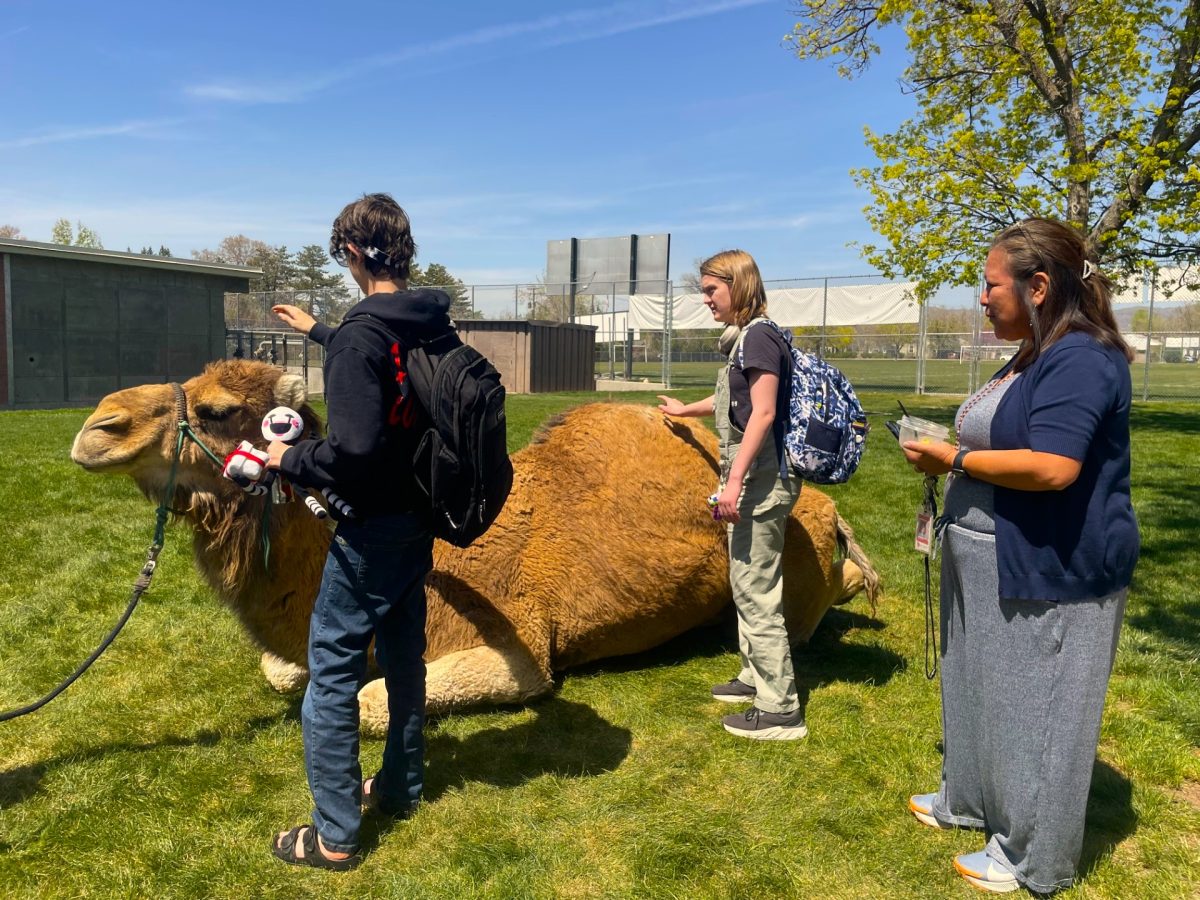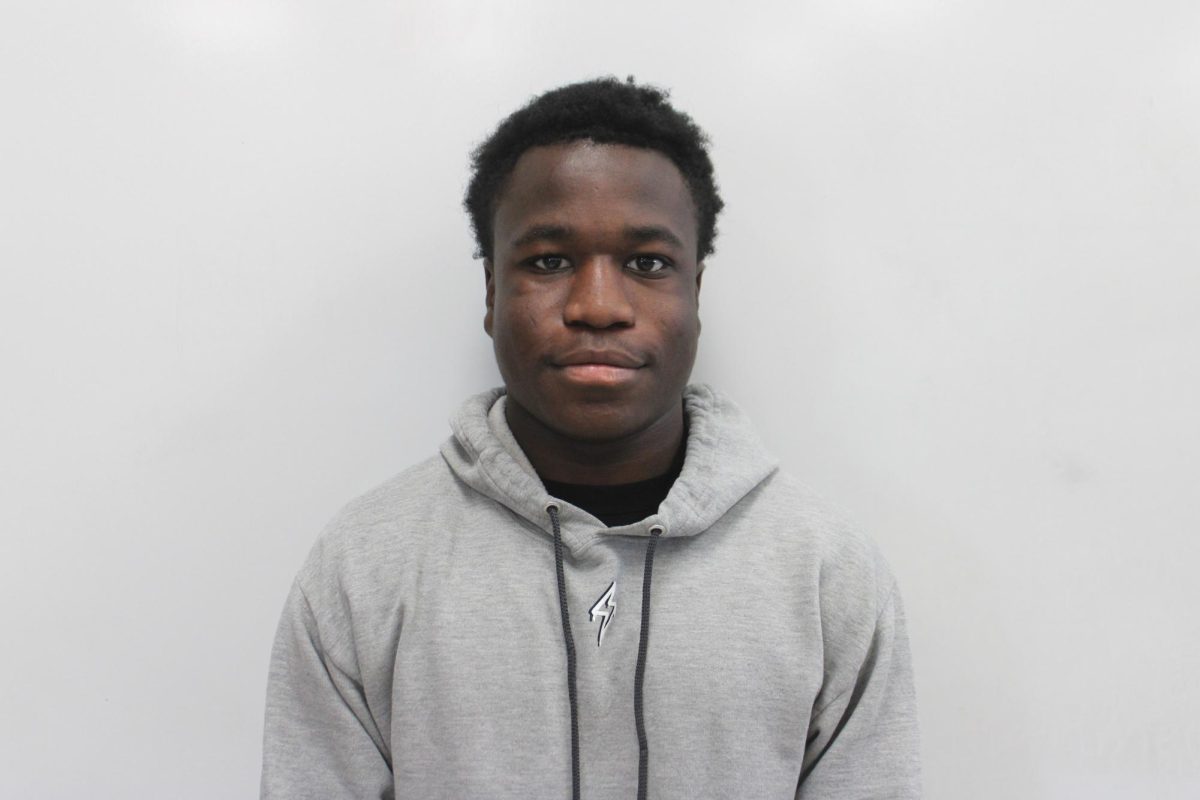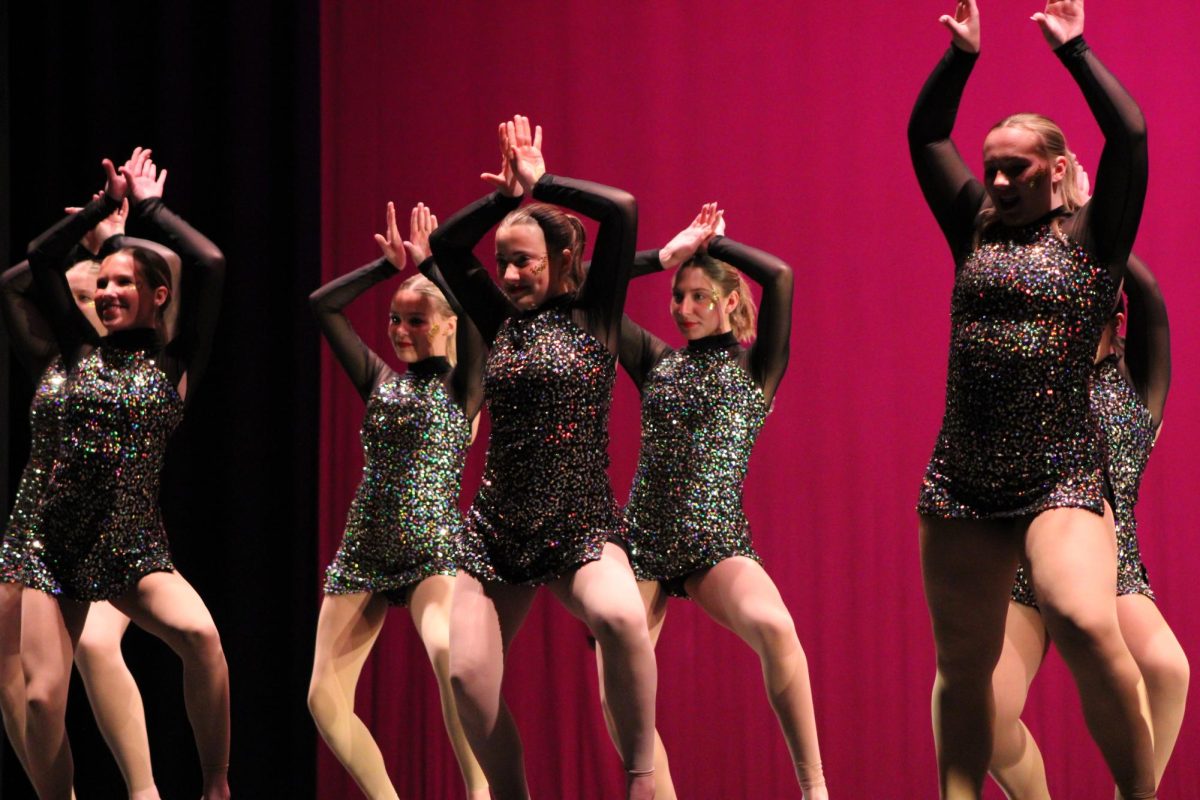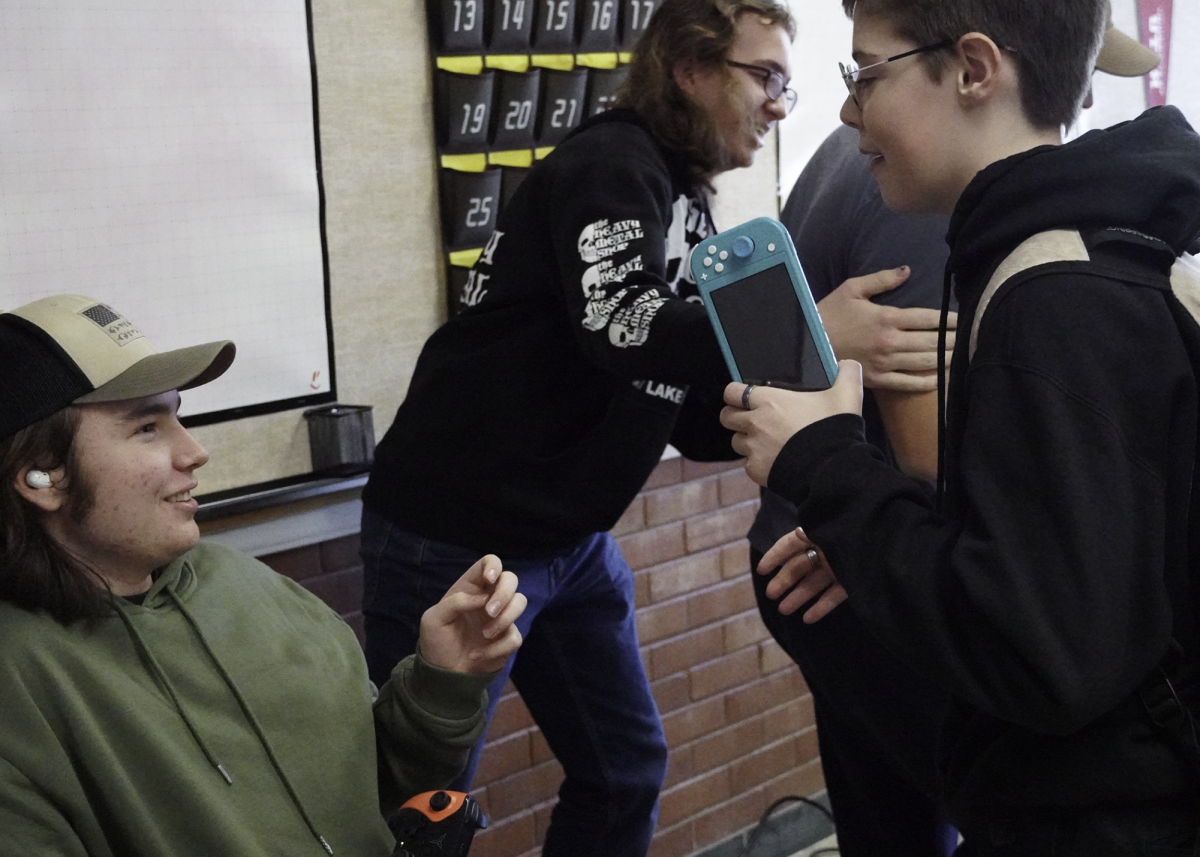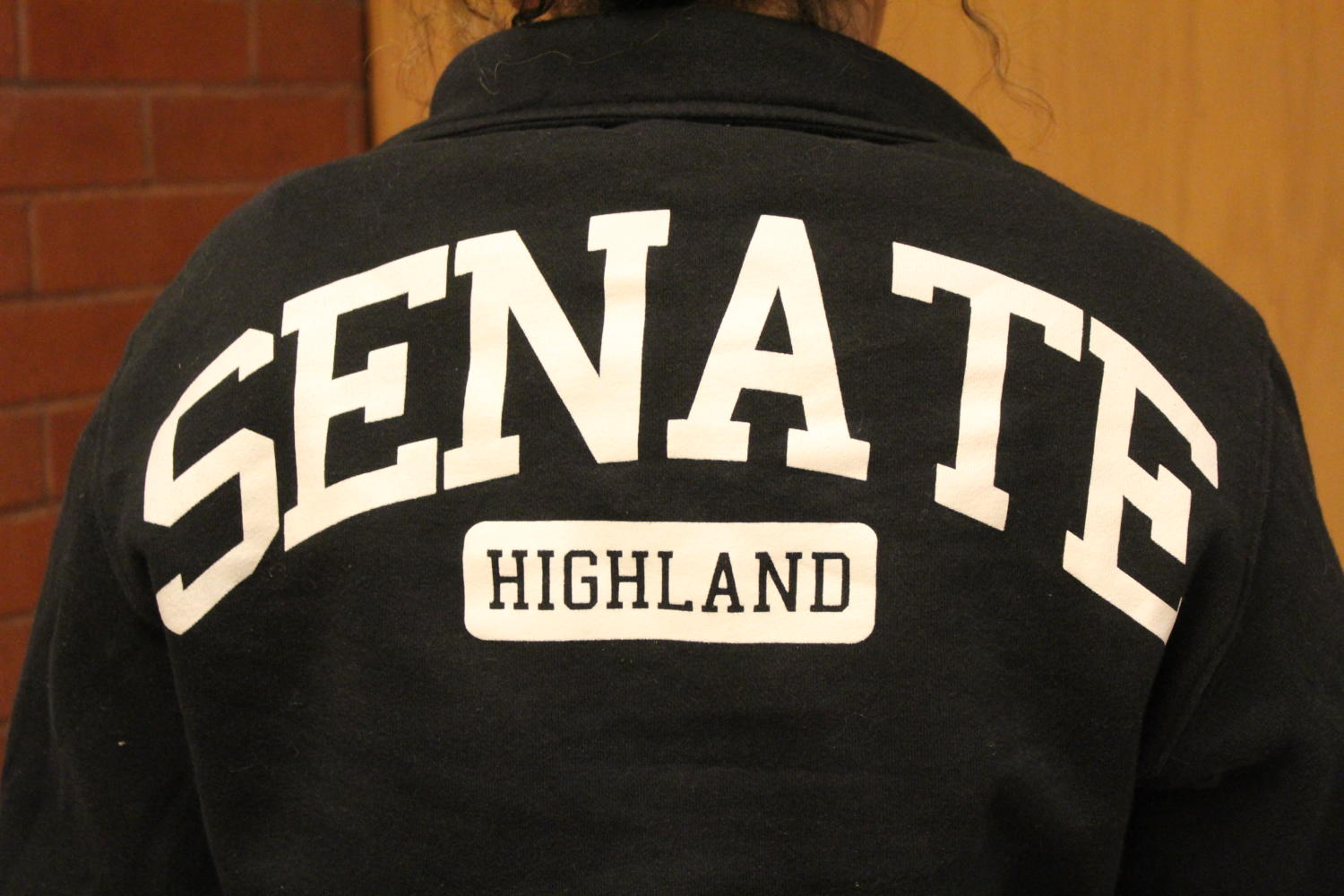Highland Gains Leadership Class
May 30, 2017
Dark hallways, low ceilings, pipes running through the classroom, heaters running in May, and steamy bathrooms are all physical blemishes of Highland. Just as the physical building stands in need of many improvements, Highland is working on refurbishing its policies and leadership roles.
As Highland grows and strives to improve, so do their programs. In the spirit of improvement, the Highland Senate has decided to make the jump from jumbled, unorganized meetings to the classroom setting.
Highland’s Student Senate is the equivalent of a student council. Every school’s representative body of students is a homogenous group, with Senate being a part of this association. At Highland, Senate is in charge of discussing and making amendments to the constitution; it is also responsible for the Halloween stomp at the beginning of the year.
“We decorate for it [the stomp] and help pick a theme,” Senate member Sammy Agbor said. “We really just encourage people to come.”
Discussing decisions, planning, and making changes, the Senate has had many very successful stomps and made important decisions. One of the most dominant of the recent rulings have been the addition of the appointed SBO positions such as Spirit Chair and Tech specialist. Another prominent change made in the recent past is the way Cheerleaders are chosen. The Cheerleaders would run for a position on the team and be voted for by the student body. Since this revision, only Cheer Captains are voted for by the student body and the team members are chosen entirely by the coaches.
With the lack of meeting time, however, comes a lack of responsibilities. The Senate’s minimal meetings
In the past, the Senate has met on their own time. Meeting before school and during lunch represents an issue as students have other commitments and many face the obstacle of finding transportation. Lunch becomes a difficult time to give up for a lot of kids because they must sacrifice time with their friends. It also deals with the fact that there are two lunches so even when meetings are held at lunchtime, only a portion of the Senate can meet together at one time.
Merely meeting for brief sessions once a month, it is near impossible for the Senate to do its job of shaping the school constitution. With the sparsity of meetings, it is difficult for decisions to be made and for changes of the school constitution to be confirmed. This coming year, Senate supervisor, Wendy Curtis, has applied to the School Improvement Council and officially secured Senate as a class for the 2017-18 school year.
“This [class] provides the ability for senate to actually do their job without a lot of complications,” Curtis said.
The curriculum for this leadership class has been developed by The National Association of Student Councils and will include sections focusing on time management, different styles of leadership, organizational skills, and communication skills. The senate will also work to support the student body officers. These groups working hand in hand will create a larger group of students who are involved and connected to the school.
Current Student Body Vice President Lauren Kerr works as a representative for the Student Body Officers in Senate. She organizes the Senate’s monthly meetings, encourages the proposal of ideas, and helps with their elections. As the Student Body Officers will be working increasingly closer with Senate, it is important that future SBOs be deeply involved within both organizations.
Kerr has sought to get to know the students who are a part of Senate and especially enjoys the diversity shown among the members as they are voted in based on zip code which a wide range of communities are represented.
“I love getting to know different kids because with senate it’s like different area codes are in it and so it’s nice to get to know the kids who maybe aren’t as out there to run for class officer,” Kerr said.
Although many students are involved in Senate, the hope is that it becoming a class will bring it to the attention of students who do not know about it and for it to be taken more seriously.
As the responsibilities and expectations for the Highland Senate grow, their leadership class can provide the opportunity for them to adequately serve the school and community. With specialized curriculum and increased attendance this pool of school support may bring great benefit for the student body and its surrounding supporters.


